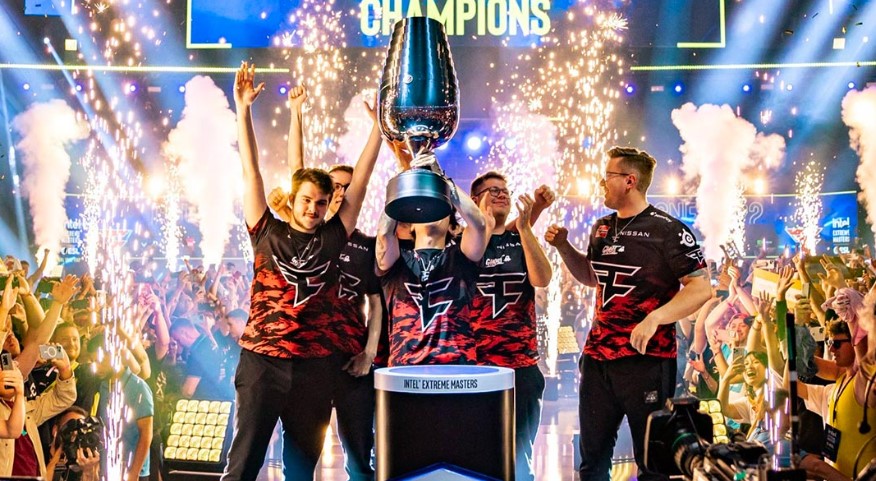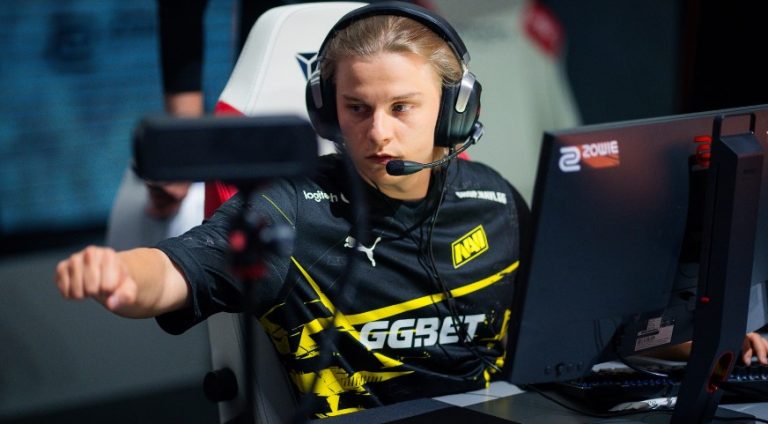Today, games have evolved far beyond mere entertainment. They teach us valuable skills: strategic thinking, decision-making under high pressure and time constraints, and finding creative solutions to challenges. Yet few consider that behind every victorious moment in a game—often dismissed as trivial or even a waste of time—lie skills that can translate into real life. Games, especially team-based and competitive ones like Counter-Strike 2 (CS2) and other popular titles, demand high levels of engagement, teamwork, and self-improvement from players. This is where the potential for developing leadership and analytical skills truly shines.
Success Through Statistics: Role in the Game
One popular platform where players can track the progress and success of their favorite teams and analyze stats is Egamesworld. Here, users can not only view CS live stats but also monitor new CS2 matches, which helps gamers and fans alike stay updated on trends in competitive esports. Knowing these details allows players to refine their strategies based on the tactics and results of professional teams. This, in turn, enhances gamers’ abilities to analyze, plan, and anticipate their opponents’ moves.
Players who follow their favorite esports teams can pick up valuable insights to improve their own skills and lead their teams to victory. Platforms like Egamesworld have an unexpectedly powerful impact on the growth and development of young esports athletes and those simply looking to enhance their gameplay.
Leadership in Action

Leadership skills are not just about managing people; they involve inspiring others to work together toward a shared goal and taking responsibility for your team’s wins and losses. Esports teams offer excellent examples of how leadership works in both virtual and real-world contexts. In games like CS2, team leaders make crucial decisions, from assigning roles and positions to choosing tactics and determining when to attack or fall back.
In games like CS2, leadership is essential. Team captains or experienced players demonstrate the importance of communication and coordination. They help players regroup mentally, calm down after a lost round, or motivate them before an upcoming game. For example, a leader must relay critical information about an opponent’s location or planned strategy, and the entire team must follow this plan. This teaches players to make swift decisions and communicate effectively in complex situations, processing information from multiple sources simultaneously.
Turning Challenges into Opportunities: Building Problem-Solving Skills
When you engage in multiplayer games, each session is like a puzzle with multiple variables that you need to solve to win. You assess your opponent’s strengths and weaknesses, making split-second decisions to gain an advantage. In CS2 matches, for example, players face diverse scenarios that require creative thinking and quick reflexes. Competitive esports titles, such as CS2 tournaments, immerse players in an environment of intense competition where each game is a test of skill, reaction, self-control, and discipline. Imagine that you and your team must capture a point or defuse a bomb. Every decision can change the game’s outcome, with even small details impacting the result. Often, the team that makes fewer mistakes comes out on top when two evenly matched teams face off.
These situations push players to develop skills like creative thinking, risk assessment, and the ability to make quick decisions. Most importantly, these skills prove invaluable in real-life situations, from business to everyday challenges.
Esports as a Career: From Hobby to Profession

What was once a niche hobby has become a full-fledged profession that, just two decades ago, many could only dream of. The career path of an esports athlete is now open to young talent who choose this path, and it is full of opportunities, as the industry has seen significant growth in player salaries—not counting prize money from tournaments. Now, it’s not just about playing games in your free time but about adhering to rigorous training schedules, analyzing your own gameplay and opponents’ tactics, and developing physical and mental resilience. Esports teams resemble traditional sports teams: they train under coaches, work with psychologists, and even consult nutritionists to maintain their health and peak performance during high-stakes tournaments.
The growing availability of stats and analytics, especially with CSGO live stats, allows players not only to track results and study strategies but also to analyze every detail, including the habits of other players, their play styles, grenade setups, and more. eGamesWorld makes this data accessible to everyone, from professionals to amateurs, helping them hone their tactical skills, develop strategic thinking, and better understand their strengths and weaknesses. Moreover, analytics do not just capture a player’s current state but become a crucial part of the strategy for the next match, giving players a chance to identify gaps and improve them.
However, a professional career in esports requires more than skills and analytics. Mental resilience is also essential. The pressure at major tournaments is immense: players know that every decision could be worth millions. This brings out qualities like endurance, the ability to stay calm under intense situations, and the skill to quickly rebuild team morale after setbacks. Thus, preparation for matches covers psychological aspects as well as strategy and teamwork.
Today, esports has become a powerful industry encompassing not only tournaments but also education, streaming, coaching, and analytics, opening up numerous pathways for professional growth. Games evolve, as do the professionals within them, and every new tournament or match is not only an opportunity to showcase skill but a step closer to achieving a dream of a career in esports.
Growth Through Gaming: Conclusion
Games offer countless skills that are challenging to develop in real life, and the abilities acquired through gaming or training in team-based esports easily apply to everyday situations. What was once a curious hobby has now become a dream for many young players. With the growth of esports, it’s clear that gaming can be a legitimate source of income and a primary career path. So keep gaming, follow your dream, but do it wisely—after all, we are responsible for every action we take in life.
The post Feel like a Superhero: How Games Help Develop Problem-Solving and Leadership Skills appeared first on Barnorama.






















0 Comments